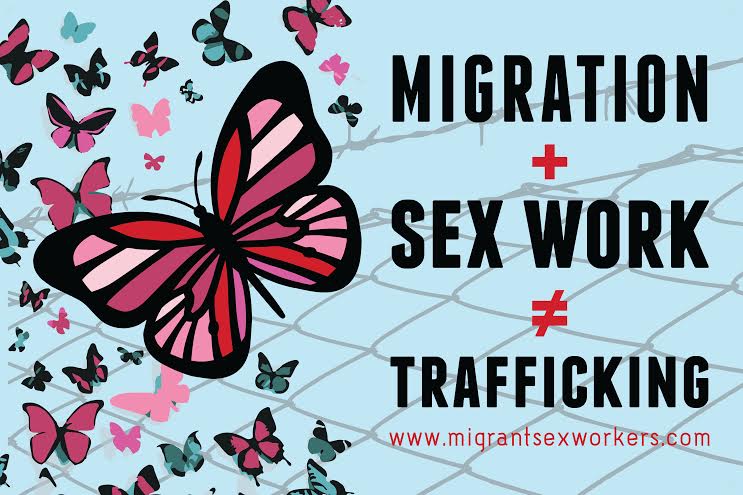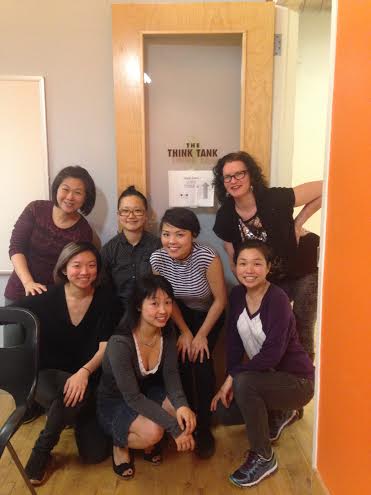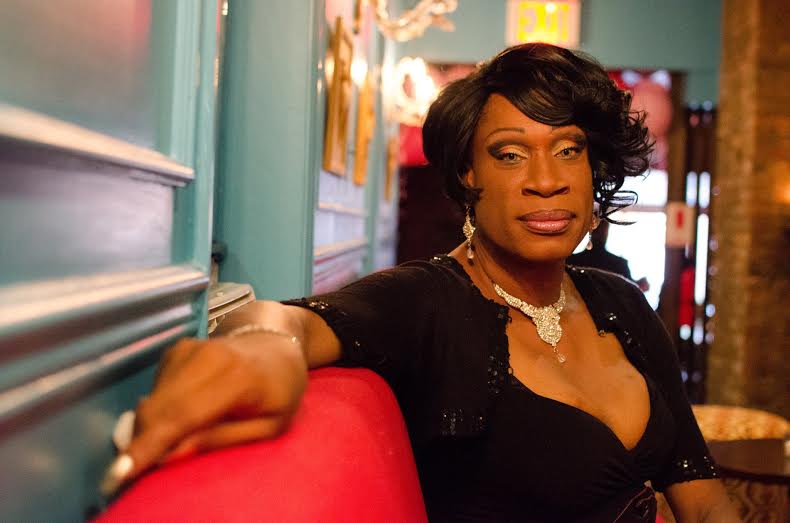In 2012, former Olympian middle distance runner and motivational speaker Suzy Favor Hamilton was outed as a Vegas agency escort. Recently, Favor Hamilton published her memoir, Fast Girl: A Life Spent Running From Madness, telling the story of her childhood, her athletic career, her stint escorting, her family life, and her struggle with bipolar disorder.… Continue reading Not Good For Me: An Interview with Suzy Favor Hamilton
Category: Interviews
Activist Spotlight: The Migrant Sex Workers Project On Borders and Building Movements, Part Two
I interviewed Toronto’s Migrant Sex Workers Project co-founders Elene Lam and Chanelle Gallant as well as Migrant Sex Workers Project member Kate Zen over video chat. The first part of that conversation, edited and condensed for posting, is here. The group’s vital representation of a population often absent from sex worker activism inspired me. I… Continue reading Activist Spotlight: The Migrant Sex Workers Project On Borders and Building Movements, Part Two
Activist Spotlight: The Migrant Sex Workers Project On Borders and Building Movements, Part One
Toronto’s Migrant Sex Workers Project, “a grassroots group of migrants, sex workers, and allies who demand safety and dignity for all sex workers regardless of legal status”, was co-founded last May by Elene Lam, Chanelle Gallant, and Tings Chak. Lam, who moved to the area from Hong Kong two years ago, saw a gap in local activism… Continue reading Activist Spotlight: The Migrant Sex Workers Project On Borders and Building Movements, Part One
Activist Spotlight: Ceyenne Doroshow on The Red Umbrella Diaries, Recipes, and Resilience
Ceyenne Doroshow originally made a name for herself on stage as one of the seasoned performance artists and audience favorites of the Red Umbrella Diaries’ storytelling nights. She is featured as one of seven sex workers who tell their story on the newly released documentary The Red Umbrella Diaries, which will have its world premiere… Continue reading Activist Spotlight: Ceyenne Doroshow on The Red Umbrella Diaries, Recipes, and Resilience
Activist Spotlight: Pye Jakobsson On the Amnesty International Vote and Holding Allies Accountable
As the vote this weekend at the Amnesty International General Council Meeting in Dublin approaches on whether the human rights organization will adopt a draft proposal supporting the decriminalization of prostitution as policy, I spoke, via e-mail, to Global Network of Sex Work Projects (NSWP) President Pye Jakobsson on NSWP’s petition to Amnesty urging them… Continue reading Activist Spotlight: Pye Jakobsson On the Amnesty International Vote and Holding Allies Accountable




